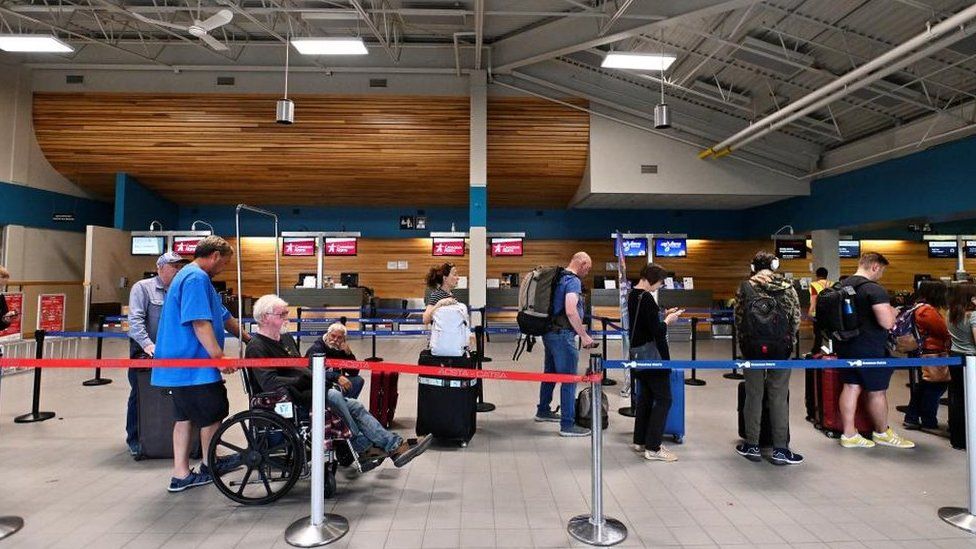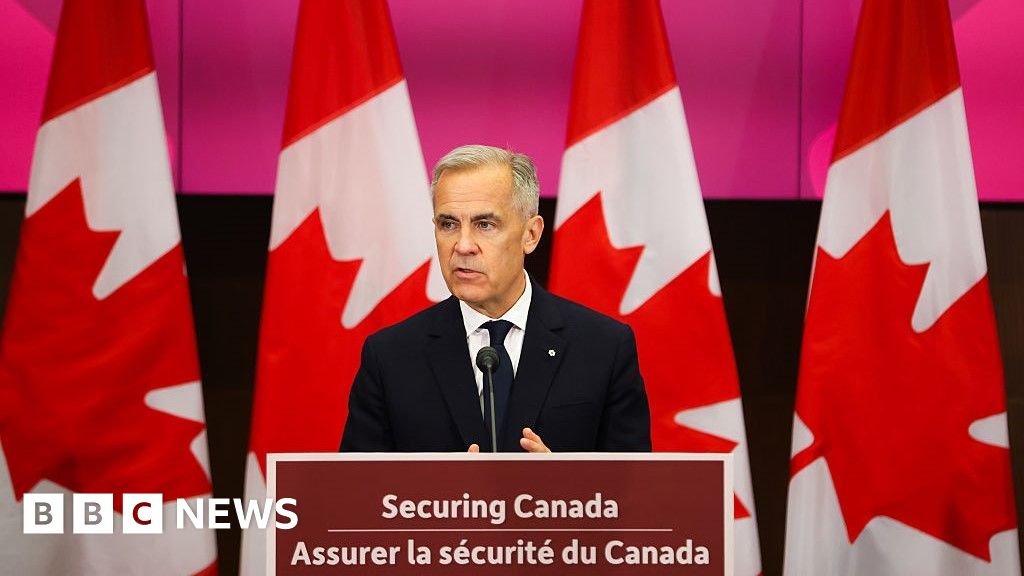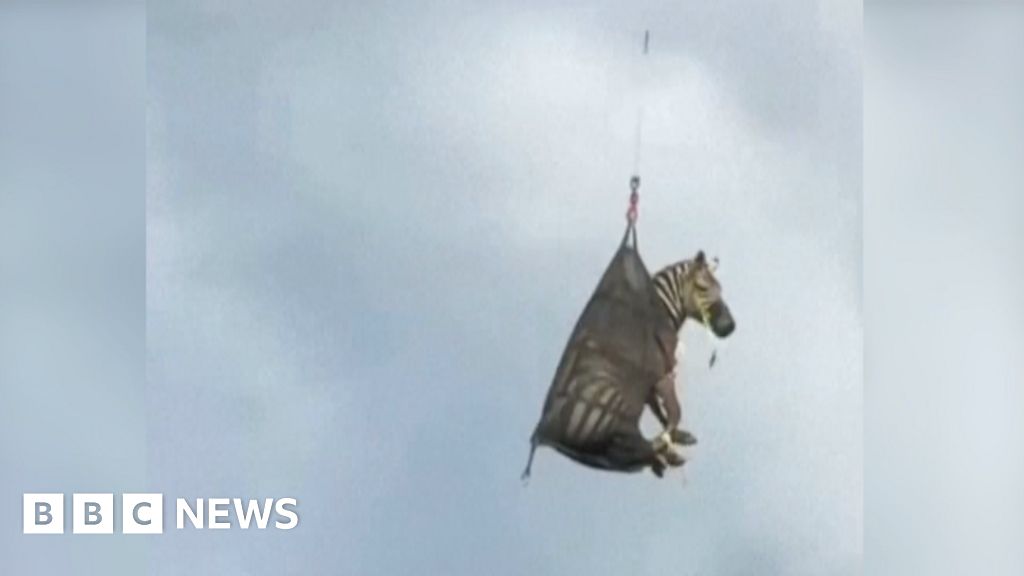ARTICLE AD BOX
 Image source, Reuters
Image source, Reuters
Yellowknife residents were ordered to leave the city by 18 August
By Nadine Yousif
BBC News, Toronto
After a three-week wildfire evacuation order, thousands of residents in Canada's Northwest Territories are going home.
More than 20,000 people were ordered to leave Yellowknife in mid-August as a fire burned 15km (9 miles) away from the city's limits.
The evacuation order was lifted early on Wednesday afternoon as firefighters have been successful in keeping the flames at bay.
The news was met with relief by many who are eager to return.
Commercial flights into the city have resumed and a checkpoint on the highway outside the city has been lifted.
A sign that reads "Welcome Home" was put up on the Yellowknife Highway near Behchoko, a First Nations community, to greet evacuees driving in on Wednesday.
Yellowknife Mayor Rebecca Alty cautioned those returning that the city "will look a little bit different".
In a video posted on social media, she said fire breaks had been installed in different parts of Yellowknife to ensure the city is protected from wildfires this season and in future.
Ms Alty also said shops and city services would take time to resume operations.
People have been advised they should be ready to be self-reliant for 72 hours.
Image source, Reuters
Image caption,Yellowknife is the largest city in the Northwest Territories
Thousands began leaving Yellowknife on 16 August either by land or by air, including some on military evacuation flights.
Many sought refuge in cities and towns in nearby Alberta and British Columbia, either staying at hotels, with friends and family, or camping.
Angela Canning, a Yellowknife resident, told the Canadian Press that she and others cheered when they saw the "Welcome Home" sign on their drive back.
Ms Canning had camped for 17 days in Fort Providence, a town three hours south-west of Yellowknife, as she heeded the evacuation orders.
"I don't know if I'll ever want to go camping again," she said.
At one point, the Royal Canadian Mounted Police said a handful of people had planned to defy the evacuation order, and had organised a convoy to drive through highway checkpoints into the Northwest Territories.
Police discouraged residents from going through with their plan, and the territory's Premier Caroline Cochrane urged evacuees to stay put.
"We're all evacuated and people are tired, they want to be home," Ms Cochrane said at the time. "But it's really important that people not try to go home until they're called."
The fire outside of Yellowknife continues to burn, but firefighters have been able to control its hot spots.
Meanwhile, fires near the towns of Fort Smith and Hay River continue to rage, and residents there are still unable to return home.
A territory-wide state of emergency has been extended until 11 September.
As of Wednesday, there have been 235 wildfires burning across the Northwest Territories, according to the Canadian Interagency Forest Fire Centre.
More than 1,000 wildfires are burning across Canada. It is the country's worst wildfire season on record in terms of area burned as the region experiences drier and hotter weather than normal.
Watch the treacherous journeys out of wildfire-hit Canada

 1 year ago
87
1 year ago
87








 English (US) ·
English (US) ·